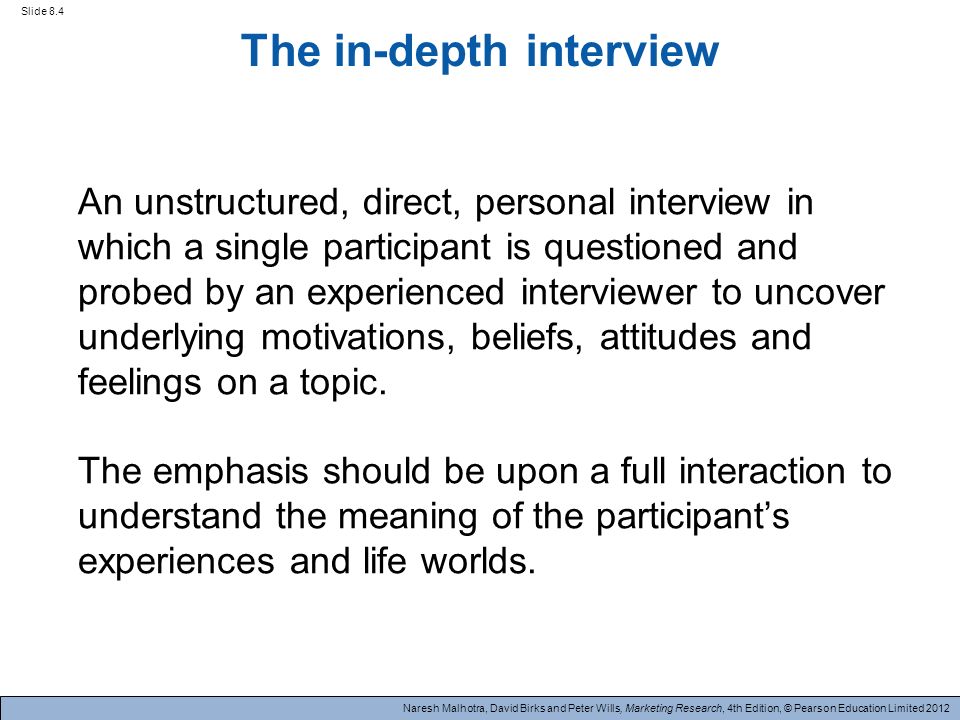
What a challenge this has turned out to be.........
Since a week i have been trying to set up an in-depth one on one interview with a participant. Adhering to all ethical considerations and refraining pushing and letting it clearly be my participants choice cancelled three times after giving a commitment to meet. language was a great barrier where i got the participant information sheet and the consent form along with my questions translated into urdu the local language to bring comfort and communication. My participant only spoke to me once and now all contact is conducted through her husband. My participant is quite famous and a commercial female dancer who i chose to contact for my inquiry dancing the female body in Pakistani society. This makes me reflect back on a one on one Skype session with my supervisor Adesola discussing ethics reflections according to my research inquiry. Translation is never direct and being in my participants local language tells me a lot about how she understands her body in words with meanings in a different cultural context.
What i experienced made me reflect on the impact it has had on me and my research. Ethics are not just rules to follow I recognise but add to the research and makes it better. I have been hands on and practically experienced this understanding of ethical application, As i am doing my research an understanding is revealing itself as i gain more information which is more meaningful according to my inquiry. Even though there is a framework of applying ethics as required, but many unseen or unpredicted situations manifest that challenge the ethical consideration. This has been a great area of learning for me while trying to conduct my interview with time constraints and pressure of my gant chart and collecting my data.


